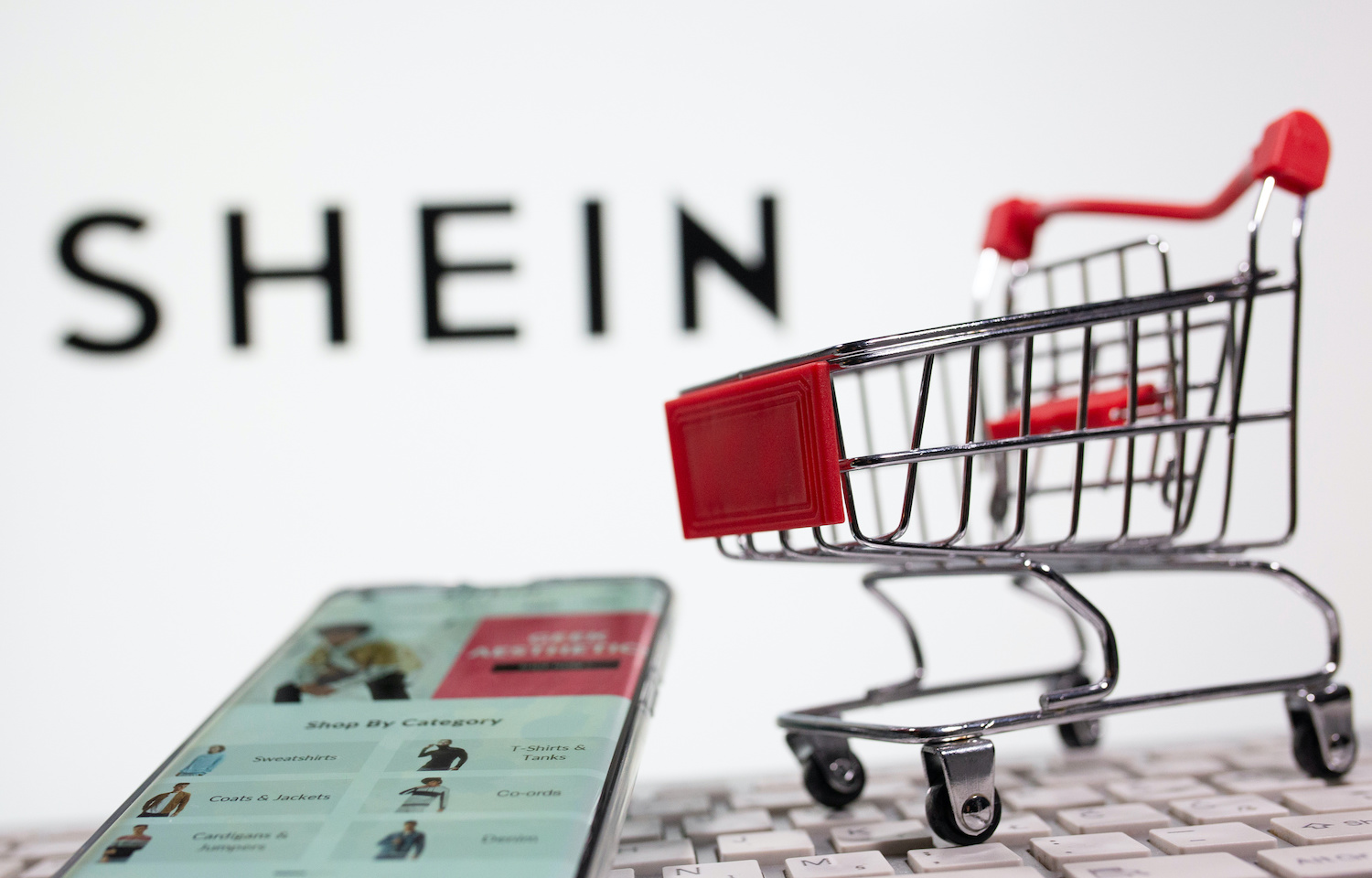• Rivals like H&M, Zara and Boohoo all publish supply chain details on their websites
• Shein’s Instagram and TikTok accounts boast more than 23 million followers
Shein, the Chinese online retailer that has taken the fashion world by storm, has not made public disclosures about working conditions along its supply chain that are required by law in the United Kingdom, a Reuters investigation has found.
And, until recently, it’s also claimed that the company falsely stated on its website that conditions in the factories it uses were certified by international labour standards bodies.
In Britain, companies over a certain size must prominently state on their websites the steps they are taking to combat forced labour as part of the country’s Modern Slavery Act 2015.
Also on AF: Nintendo Not Consoled By Switch Sales’ Downward Path
Shein’s “social responsibility” page states that it “never, ever” engages in child or forced labour, but does not provide the full supply chain disclosures required by British law.
Over the past 18 months, privately held Shein, whose official name is Zoetop Business Co Ltd, has grown fast. The company’s Instagram and TikTok accounts have more than 23 million followers, many of them young women showing off its cheap clothes, such as $9 dresses and $15 shoes.
Its website drew more than 160 million visitors in June, according to web traffic analytics firm Similarweb, overtaking rivals Zara and H&M.
But the company’s ultra-low prices and lack of transparency have prompted labour watchdogs, including the Worker Rights Consortium and the Business and Human Rights Resource Centre, to question how it produces its merchandise so cheaply.
STATEMENT LINKS
The law mandates that firms selling more than £36 million of goods globally per year must provide a statement on a searchable link available on a prominent place on its home page, dated to a financial year and signed by a director, outlining the steps it is taking to prevent modern slavery in its supply chain.
Shein declined to provide its annual revenue to Reuters, stating it does not disclose its revenue publicly. Analysts have estimated the company’s valuation at $15 billion, with annual revenue of at least $5 billion.
A spokesperson for Shein said it is in the process of finalising statements required by UK law, and plans to publish them on its website. “We are developing comprehensive policies, which we will post on our website in the next couple of weeks,” the Shein spokesperson said.
In Australia, a similar law requires companies with revenue over A$100 million per year to submit an annual modern slavery statement to the Australian Border Force (ABF).
AUSTRALIA LAW
The ABF confirmed to Reuters that foreign entities exporting to Australia were required to submit a statement if their revenue was above the threshold.
As of August 4, neither Shein nor its subsidiary in that country had submitted such a statement, according to a register maintained by the ABF.
Following questions from Reuters, a Shein spokesperson told Reuters that the company was compliant with Australia’s law, without elaborating on whether it believed it was not required to report or whether it had submitted a statement since Reuters’ questioning.
Shein is based in China but sells online to customers only outside the country. Its biggest investors include Sequoia Capital China and Tiger Global Management.
Some of Shein’s major rivals, including H&M, Zara-parent Inditex, ASOS, Boohoo and Zalando, publish statements, as well as more detailed information on their supply chain such as factory lists and codes of conduct, on their websites.
- Reuters and Sean O’Meara
Read more:
H&M pledges to repair relationship with China after Xinjiang backlash
























